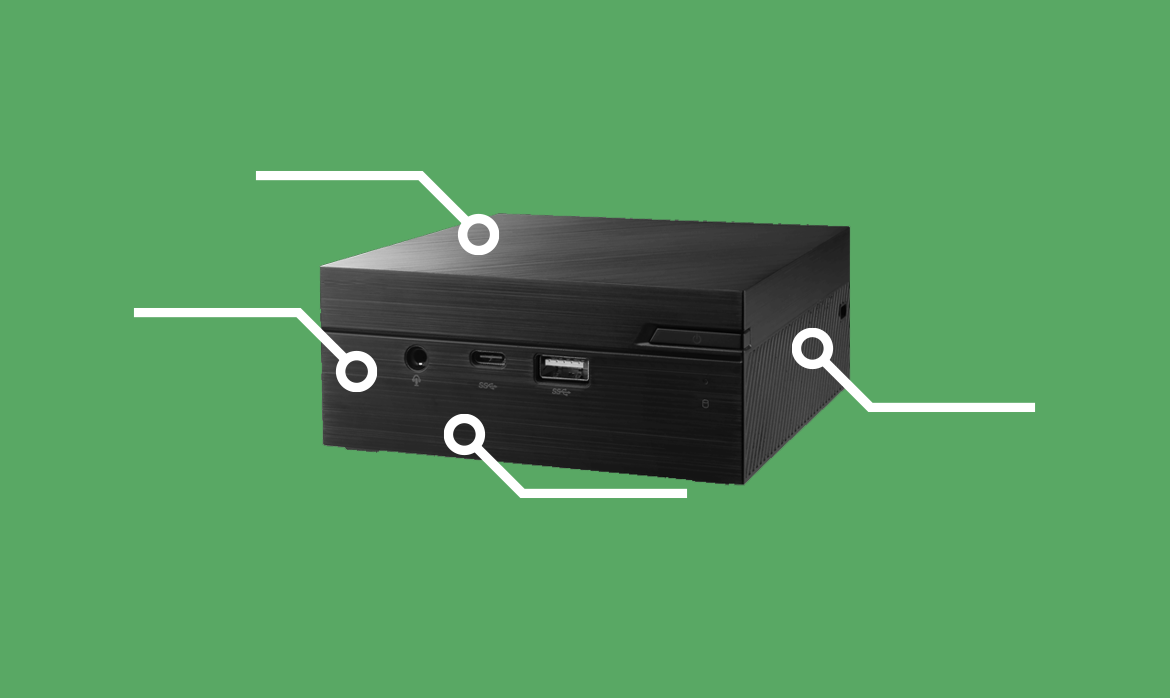In today’s digital age, selecting the right personal computer (PC) can feel like navigating a web of options. With a excess of choices spanning desktops and laptops, an array of processors, varying RAM capacities, and a multitude of hard drive configurations, the decision-making process can be both exciting and daunting. To help you make an informed choice, we’ve distilled the process into four essential considerations: Use Case, Processor, RAM, and Hard Drive. By understanding and evaluating these critical factors, you can confidently embark on your journey to finding the perfect PC companion.
- Use Case: Desktop or Laptop?
Before delving into the specifics of hardware components, it’s vital to determine whether a desktop or laptop aligns with your needs. Each form factor offers distinct advantages based on your lifestyle and intended usage.
- Desktop: If you require substantial computing power for tasks like video editing, graphic design, or gaming, a desktop PC is an excellent choice. Desktops provide room for high-performance components, ample cooling, and expandability for future upgrades.
- Laptop: For those seeking portability and versatility, a laptop is the go-to option. Laptops are ideal for professionals on the move, students, and individuals who value space-saving solutions. Modern laptops are equipped with powerful processors and dedicated graphics, making them suitable for various tasks, from content creation to casual gaming.
- Processor: The Heart of Performance
The processor, often referred to as the CPU (Central Processing Unit), is the engine that drives your PC’s performance. It determines how fast your computer can execute tasks and handle multitasking. When evaluating processors, consider the following aspects:
- Cores and Threads: Higher core and thread counts enable better multitasking and smoother performance, especially for demanding applications.
- Clock Speed: A higher clock speed indicates faster processing. However, a balance between core count and clock speed is essential for optimal performance.
- Integrated Graphics: Integrated graphics can suffice for everyday tasks, but if you’re into gaming or graphic-intensive work, a processor with dedicated graphics (or a separate graphics card) is preferable.
- RAM: Fuel for Multitasking
Random Access Memory (RAM) acts as your computer’s short-term memory, allowing it to handle multiple tasks simultaneously without slowing down. Adequate RAM is crucial for a seamless computing experience. Consider the following when assessing RAM:
- Capacity: Aim for a minimum of 8GB for general tasks, with 16GB providing a comfortable buffer for multitasking and content creation. More RAM is beneficial for resource-intensive applications.
- Speed: Higher RAM speeds enhance overall system performance. However, ensure that your motherboard and processor support the chosen RAM speed.
- Upgradeability: opt for a PC with expandable RAM slots, allowing you to upgrade memory in the future as your needs evolve.
- Hard Drive: Storage and Speed
Your hard drive affects not only storage capacity but also the speed at which your PC operates. Choosing the right type of hard drive is essential to strike a balance between storage and performance.
- Hard Disk Drive (HDD): HDDs offer large storage capacities at a lower cost-per-gigabyte. They are suitable for storing files, documents, and media libraries. However, they are slower than solid-state drives (SSDs).
- Solid-State Drive (SSD): SSDs provide lightning-fast read and write speeds, significantly improving overall system responsiveness. opt for an SSD for your operating system and frequently used applications to enhance performance.
- Hybrid Drive: A hybrid drive combines the speed of an SSD with the storage capacity of an HDD. Frequently accessed data is stored on the SSD portion, while less-used data resides on the HDD portion.
Choosing the perfect PC is a blend of matching your requirements with the right hardware components. By considering your use case, evaluating processors, assessing RAM needs, and selecting an appropriate hard drive, you can navigate the sea of options with confidence.
Ultimately, your ideal PC is a reflection of your computing needs and preferences. Whether you’re a creative professional, a student, or a casual user, finding the right balance of power, performance, and portability will empower you to tackle tasks, explore new horizons, and make the most of your digital journey.

